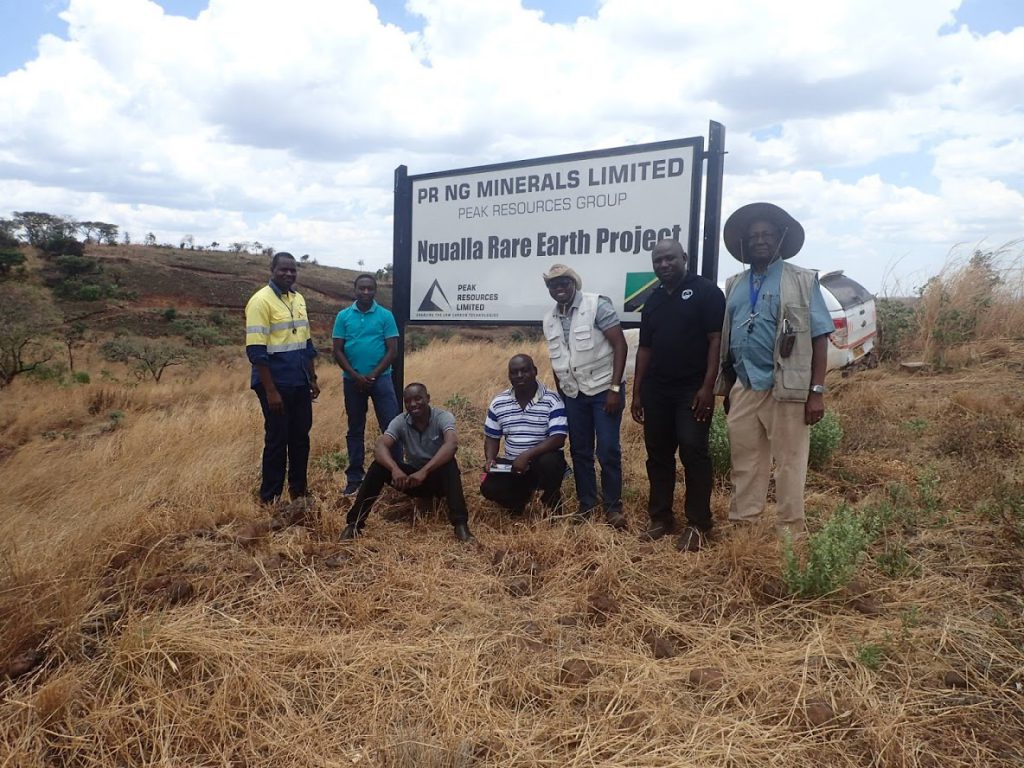Shenghe Resources to buy stake in Australia’s Peak Rare Earths

Chinese rare earth producer Shenghe Resources Holding Co Ltd said on Friday it planned to buy a 19.9% stake in Australian firm Peak Rare Earths to secure more overseas resources amid surging pries.
The stake, which will be sold by Appian Pinnacle Hold Co to Shenghe’s Singapore unit, will cost the latter around A$39.25 million ($28 million) or A$0.99 per share, Shenghe said in a filing to the Shanghai Stock Exchange.
Peak Rare Earths operates the Ngualla rare earth project in Tanzania with 18.5 million tonnes of reserves grading at 4.8%.
It also plans to build a rare earth refinery in Tees Valley, Britain with annual rare earth products output aimed at 9,900-11,600 tonnes, according to the filing.
Shenghe Resources said it is focused on rare earths resources markets both at home and abroad. “If the project can be implemented successfully, it will further consolidate the company’s foundation and optimize its global business,” it said.
Rare earths are a group of 17 minerals used in consumer electronics and military equipment. China is the world’s dominant producer of the metals.
Shenghe Resources currently has rare earths separation capacity of around 15,000 tonnes per year and processing capacity of 12,000 tonnes per year. It also has joint stake in rare earths mines in the United State and Greenland.
The Chinese price of praseodymium-neodymium alloy used to make super strong magnets used in EV motors doubled in 2021 and has already shot up more than 16% so far this year to 1.21 million yuan ($190,296.45) per tonne.
($1 = 1.4019 Australian dollars)
($1 = 6.3585 Chinese yuan renminbi)
(By Min Zhang, Twinnie Siu and Eric Onstad; Editing by David Goodman and David Evans)
More News
Contract worker dies at Rio Tinto mine in Guinea
Last August, a contract worker died in an incident at the same mine.
February 15, 2026 | 09:20 am
{{ commodity.name }}
{{ post.title }}
{{ post.date }}




Comments
Malcolm Keightley
Why are we allowing Chinese Companies to buy stakes in Australian rare earth projects thus increasing their monopoly?
We should be developing our OWN ree supply chain in competition to China to give global users an alternative supply source. And include lithium and other minerals we add value to. We are in a unique position but continue to “sell the farm”